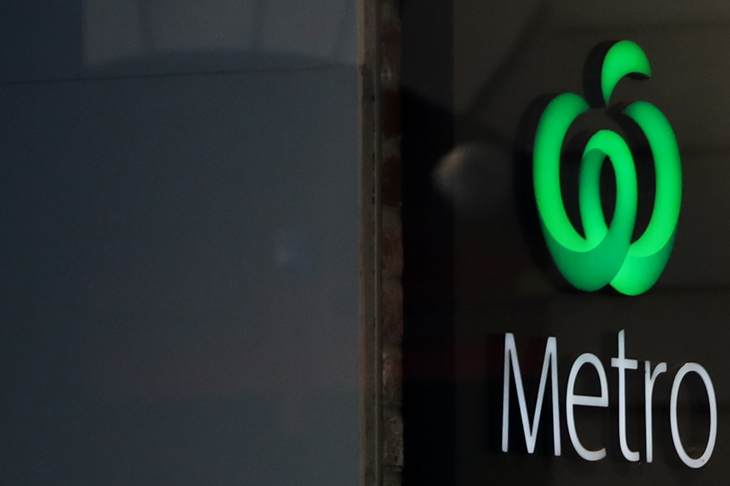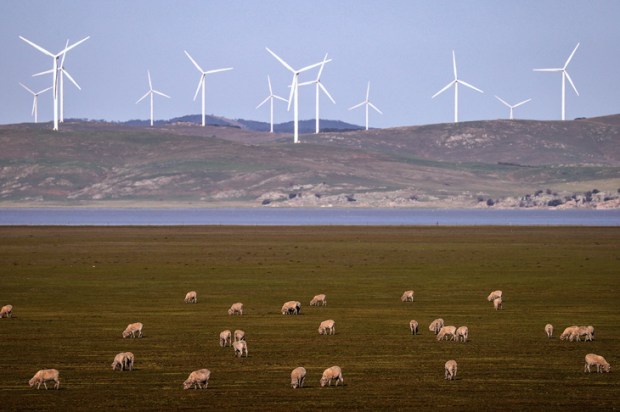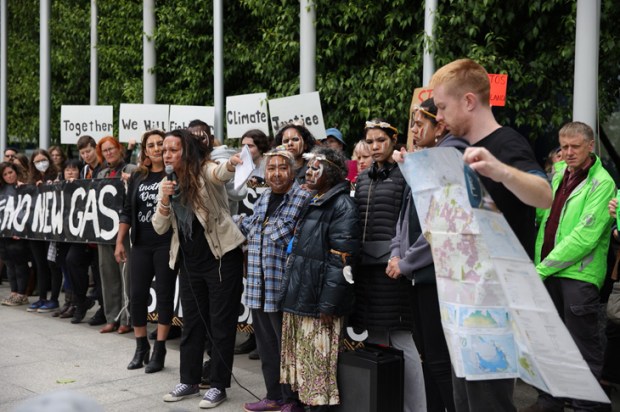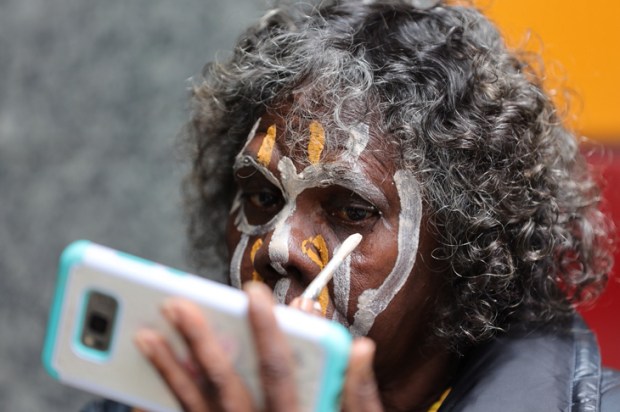A woke Woolworths may represent a greater threat to the survival of our free-market economy than the unlikely prospect of price controls emerging from the Albanese government’s predictable politically oriented enquiry into allegations of duopolistic supermarket price gouging. Unlike Professor Allan Fels’ half-baked referral (‘on the face of it, there seems to be the probability of overcharging’), there is unassailable substance behind increasing public concern at the woke takeover of Australia’s corporate leadership – with the risk that wokery and capitalism may ultimately prove incompatible.
Already a subscriber? Log in
Subscribe for just $2 a week
Try a month of The Spectator Australia absolutely free and without commitment. Not only that but – if you choose to continue – you’ll pay just $2 a week for your first year.
- Unlimited access to spectator.com.au and app
- The weekly edition on the Spectator Australia app
- Spectator podcasts and newsletters
- Full access to spectator.co.uk
Unlock this article
You might disagree with half of it, but you’ll enjoy reading all of it. Try your first month for free, then just $2 a week for the remainder of your first year.














Comments
Don't miss out
Join the conversation with other Spectator Australia readers. Subscribe to leave a comment.
SUBSCRIBEAlready a subscriber? Log in